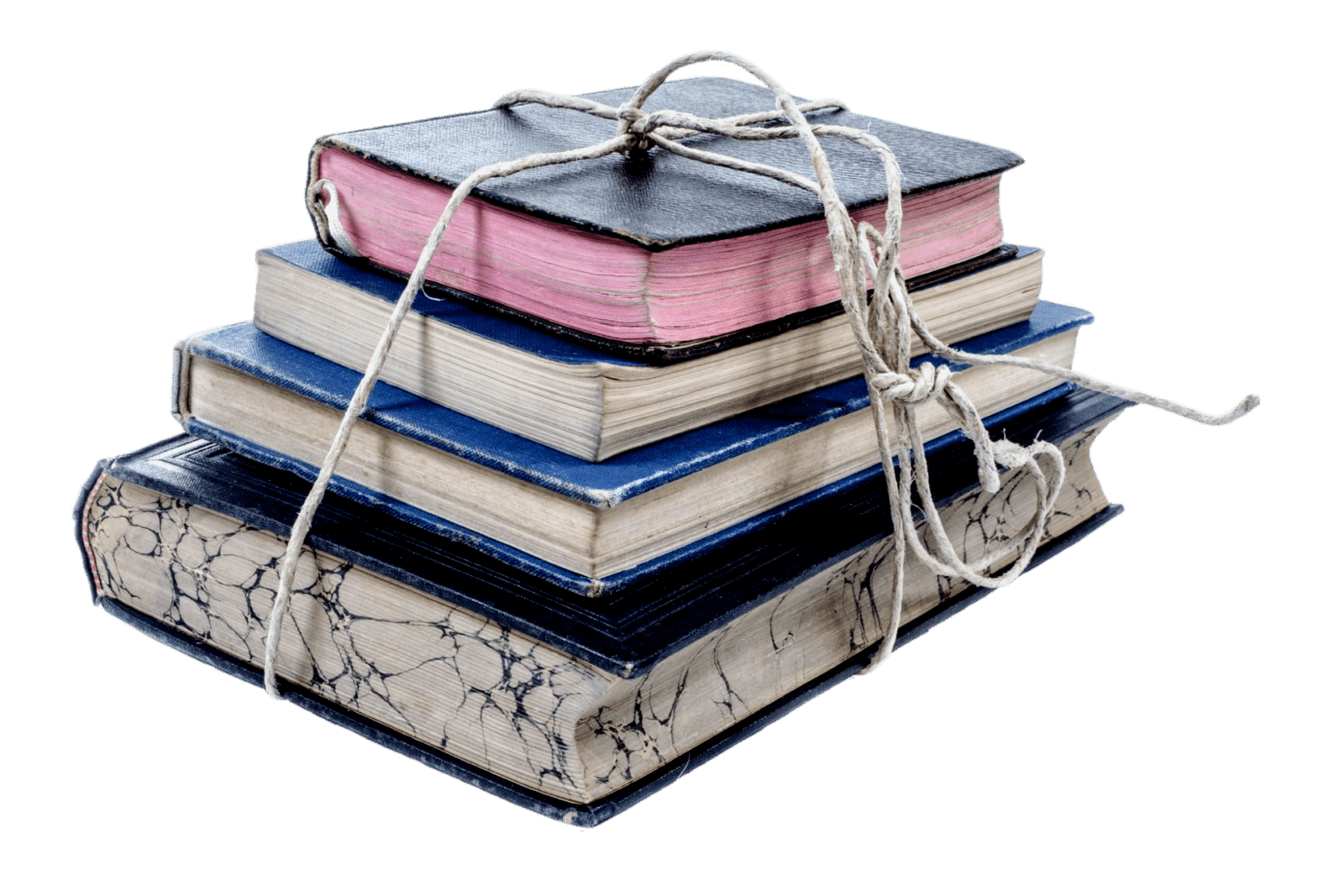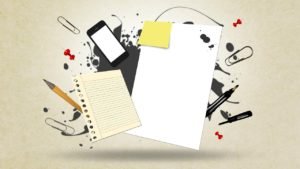
Before break, some friends in my dorm and I were discussing the different types of educations we received from elementary school through high school. There were the expected differences that arose between private and public schools, but we also realized there were stark differences based on where we grew up.
Three of us — from the South — found that a lot of our education was based in a glorification of the South and the Confederacy, whereas people from the West Coast or the Northeast found that their education was more liberal and, for lack of a better phrase, more well-rounded. What we realized, though, was that the problem stemmed not from the teachers, who were often just doing their jobs, but from the textbooks used in elementary and middle schools.
To elementary and middle school students, textbooks are regarded as books of fact. It is ingrained in their minds that whatever they read in textbooks is right, and, therefore, they grow up with a set of preconceptions based on what their textbooks told them. This is mostly seen in social studies, and particularly in history. What this means is that kids often adopt the beliefs their textbooks teach them, even if they are not correct.
This is the problem that the three of us felt we encountered. The textbooks we studied and the classes we were required to take subtly herded us into a type of mindset about history, most of which was false and a gross whitewashing of what happened. Textbooks declaring that the Civil War was a war centered on states’ rights, not slavery, weren’t going to be disputed by a bunch of unknowing middle schoolers. A class on Georgian history that aimed to paint over the history of white supremacy and slavery in the state works its charms on eighth graders who don’t have the knowledge to point out the obvious flaws in the picture.
In the moment, we barely recognize what is happening. It just feels like school. It’s another year with another teacher and another textbook, so what makes it different from all the other history we’ve learned? And who am I to contradict the teacher, who is grading me, and the textbook, which is supposed to be fact-checked and vetted by the history gurus?
And here is where the disconnect emerges.
The fault lies not with the students. It’s simply not normal, and often not allowed, for students to blatantly call out the teacher for teaching false material, or to say that the textbook is lying. But the fact of the matter is that the education system and curricula across the nation, not just the South, are guilty of whitewashing and westernizing history. Teachers often teach to the textbook, resulting in a bias in the teacher’s presentation of the material. This, coupled with the original information in the textbook, results in the reaffirmation of the bias communicated to the students. Whether this sort of learning is intended to make the pill of the horrific deeds of our ancestors easier to swallow or is a desperate attempt to keep younger kids ignorant of the true nature of our presidents and the figures they grow up respecting as heroes (think Columbus), it’s simply not right and needs to change.
I believe that there are several ways this change can come, but one of the first aspects that needs serious repairing is the textbooks students are learning from. If these books aren’t accurately reporting the facts to students, then the endless loop of brainwashing students will never end. What this could entail is an overhaul of the current system of textbook production so that the writers are held to a certain level of academic objectivity in their writing. I understand that writing a textbook completely devoid of subjectivity is difficult, but reporting the facts in a balanced manner that also accurately depicts history should be what textbooks strive to do. Instead of planting ideas and thoughts in students’ heads, they should question and probe, prompting students to think and form conclusions on their own. That is a crucial part of textbooks that is lacking nowadays. Textbooks should report facts correctly but also ask students to go beyond what they are reporting and think more deeply about the content.
In eighth grade, the time during which I started becoming aware of exactly what I was learning in history classes, I began to realize how strange it was that everyone in Georgia had to take a class called Georgia Studies. Not only did it seem like a waste of time to take an entire year to learn about the history of our state, but the way the school went about it seemed to lean less towards connecting our state with the larger nation and more towards discussing the heroic acts of Georgian historical figures and the prominence of the state as it went through the Civil War and developed into the state it is today.
The change I hope to see is not drastic or too much to ask for. Our education system needs extensive overhaul, with heavy emphasis on the textbooks used to teach kids. The impact these books have on kids goes beyond just what they learn in any given year because what textbooks present is treated as fact in most schools. If these books play down the role of white people in history and relay facts only through a western lens, those perspectives are all that the kids will know when they become adults. Yes, rewriting these books will require extensive work, but the rewards of teaching students to think more deeply about the complex facts of history will outweigh any costs.
Alex Durham is a student at Stanford. This article was originally published in The Stanford Daily and is posted here with permission from Alex Durham.
Like most of the pictures on ParentsAssociation.com, the picture posted with this article is courtesy of a free download from Pixabay.com.
Problems Of Textbooks, Problems With History Textbooks, Problems With Textbooks, Problems With Textbooks In School



